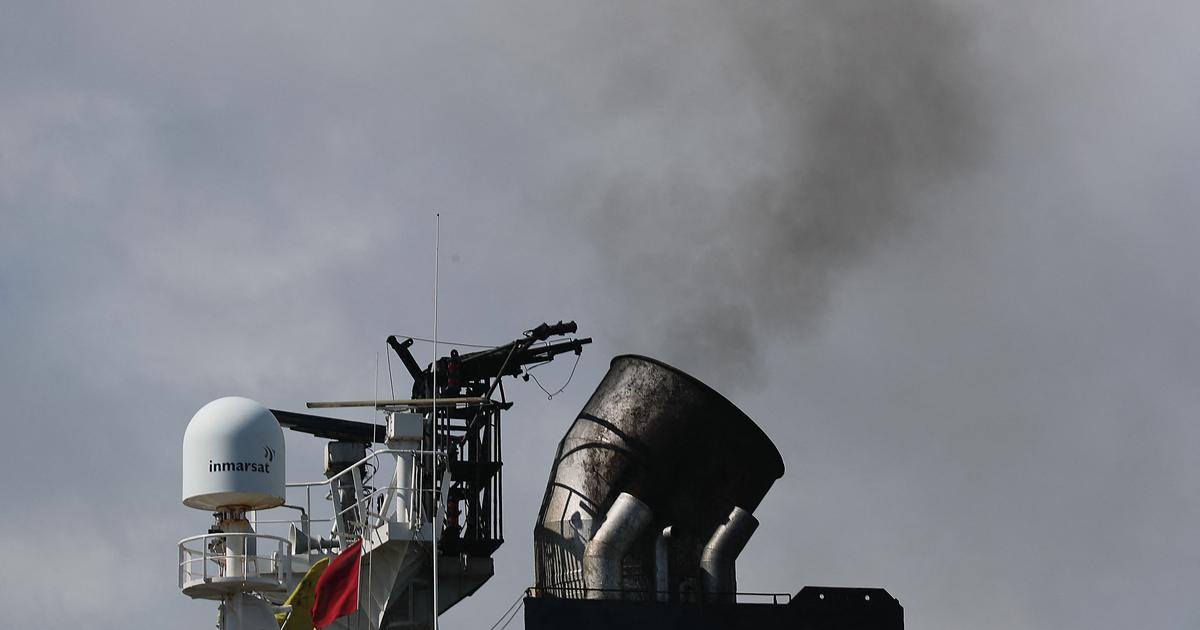The decarbonization scenarios projected by several oil and gas giants are “
incompatible
” with the objectives of the Paris agreement intended to avoid a devastating warming of the climate, according to a study unveiled on Tuesday August 16.
Published in the journal Nature Communications, this study is an analysis, by an international team of experts, of six emission scenarios of three European energy giants - Equinor, BP and Shell - as well as those developed by the International Energy Agency (IEA).
Scenarios "incompatible" with the agreement
The experts then compared these different trajectories to the scenarios described in a special report by the United Nations climate expert group (IPCC) to limit the average global warming to 1.5°C.
By analyzing all these scenarios, the team estimated what the maximum temperatures and those at the end of the century would be in each case.
It also analyzed the fundamental changes in the energy sector, a major contributor to greenhouse gas emissions, which could allow such and such a scenario to achieve or not the objectives set by the Paris agreement.
This landmark 2015 agreement saw nations commit to limiting global warming to “
well below
” +2°C above pre-industrial levels, or even +1.5°C if possible.
Read alsoGlobal warming: after a dry season, alpine glaciers more than ever threatened by melting
"
Most of the scenarios we have analyzed are incompatible with the Paris Agreement, as they fail to limit warming to
'
well below 2°C
'
and would greatly exceed the 1.5°C limit
," said said Robert Brecha of the Climate Analytics think tank, co-lead author of the study.
"
The transformation of the energy sector is essential
" to achieve the goals "
and decision makers need robust and transparent scientific assessments
" such as this study, he stressed.
“Assumptions” and “quantifications”
Their analysis concludes that Shell's scenario, dubbed Sky, would lead to a warming of 1.81°C by 2069. A Shell spokeswoman told AFP that this Sky scenario was just one possibility among several, adding that their teams were making "
assessments based on plausible assumptions and quantifications, which are not intended to be predictions of likely future events or outcomes
."
Read alsoGlobal warming: concern in the high mountains before the end of summer
Equinor's Rebalance scenario would see warming peak at 1.73°C above pre-industrial levels by 2060, according to the study.
BP's Rapid scenario would lead to a peak warming of 1.73°C by 2058, while its Net Zero scenario would lead to a median warming of a maximum of +1.65°C, according to the analysis.
Equinor declined to comment, while BP did not respond to a request for comment.
For the authors of the study, only the IEA's "
Net Zero 2050
" scenario fully complies with the Paris Agreement.

